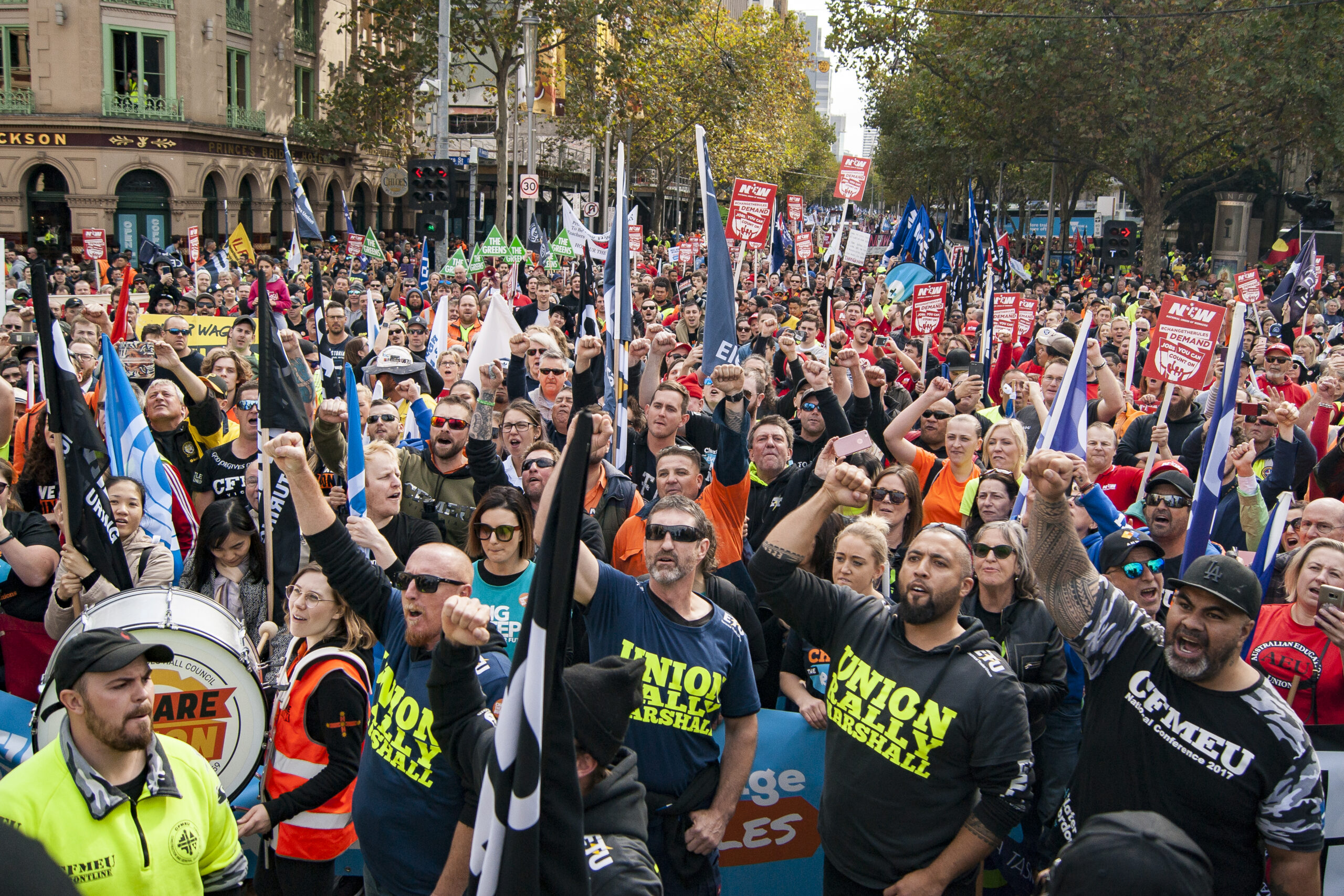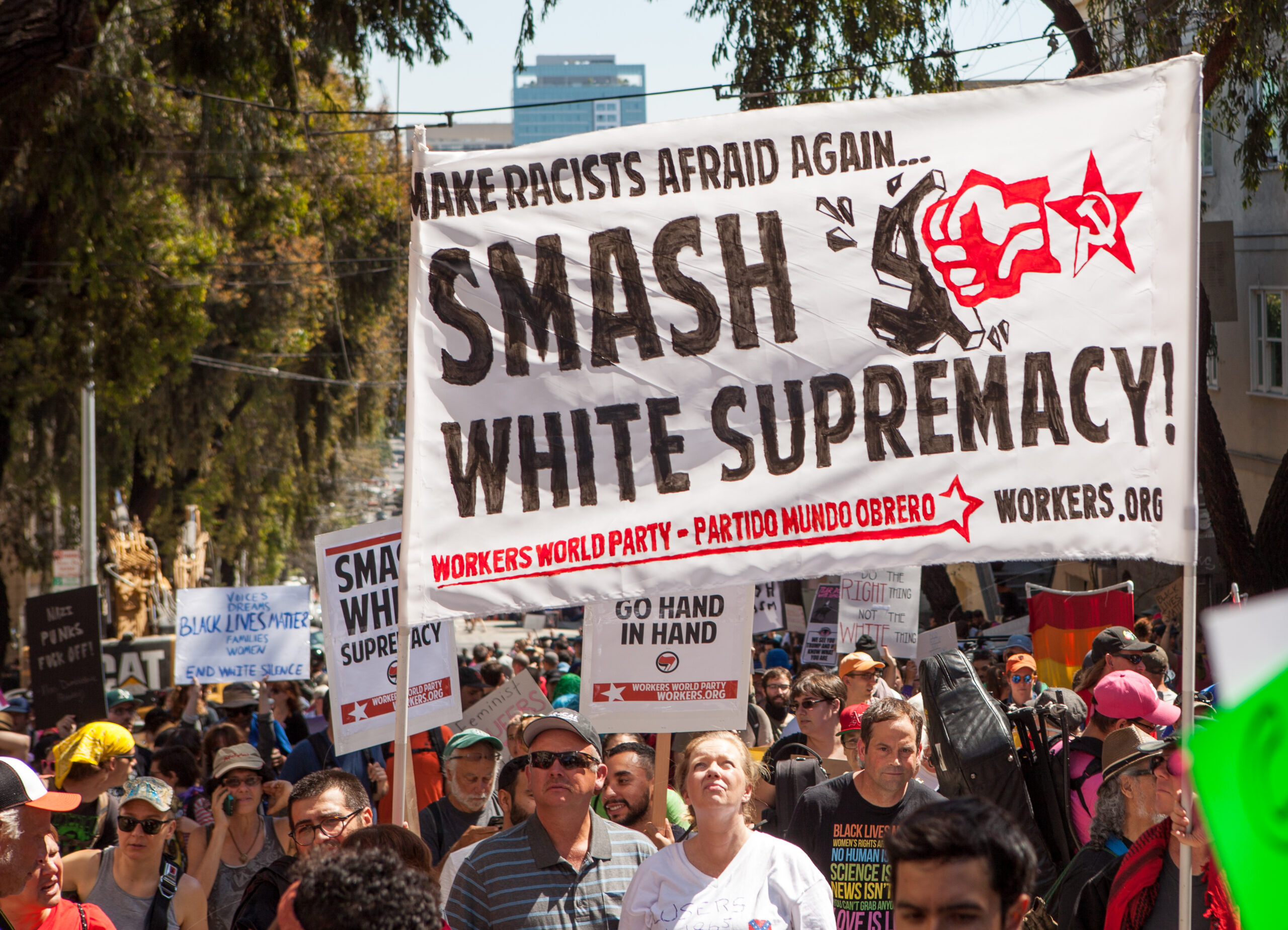On 25 January the Labour-led government announced in outline its proposed changes to employment law. We will have to wait for the wording of a draft Bill in February to see the details and any devils lurking there.
If the reader detects a level of distrust on my part this will be in large measure due to the failure of the government to propose the removal the 90-day trial period, “fire at will”, law in respect of small employers of less than 20 workers. This is a slap in the face of workers becoming employed in small businesses. Small businesses employ 29 percent of the workforce and they are usually un-unionised and unscrupulous employers. Labour’s policy for the general election was to repeal the 90-day law completely because “90 day trial periods have stripped workers of their rights while failing to support job creation or employment as promised.” The government now proposes only partial abolition of the 90-day law because “This balances the insecurity of 90 day trials to workers against keeping barriers to hiring low for small businesses.”
This is not a straightforward betrayal by Labour. Labour has an alibi in its coalition with New Zealand First who insisted on keeping the 90-day law for small businesses. We are beginning to witness the cost of that coalition if Labour is going to so easily concede to New Zealand First’s demands.
Mostly, the changes are roll-backs of the anti-worker, anti-union measures put in place by the National-led government. These changes are welcome. It is good to hear Bill English complain that the proposals are a union shopping list. The roll-backs will:
- Restore workers’ rights to rest and meal breaks
- Make reinstatement the primary remedy to unfair dismissal
- Give more protection to workers in contracting-out industries in transferring to new contractors
- Restoration of the duty to conclude bargaining, preventing employers to declare bargaining over
- Restoration of the earlier initiation timeframes for unions in collective bargaining
- Removal of the MECA opt out where employers can refuse to bargain for a multi-employer collective agreement
- Restoration of the 30-day rule where for the first 30 days new employees must be employed under terms consistent with the collective agreement
- Restoration of union access without prior employer consent
- Repeal of partial strike pay deductions where employers can deduct wages for low level industrial action
The proposals also include some new provisions:
- A requirement to include pay rates in collective agreements
- A requirement for employers to provide reasonable paid time for union delegates to represent other workers
- A requirement for employers to pass on information about unions in the workplace to prospective employees along with a form for the employee to indicate whether they want to be a member
- Greater protections against discrimination for union members
This package of proposals, adding to the introduction of 26 weeks paid parental leave and the increase in the minimum wage to $16.50 from April, are positive gains for workers. But there are omissions. To be fair, Labour promised a restricted list of employment reforms in this first 100 days, to be followed by further reforms, including sector-wide Fair Pay Agreements, in their first 12 months of government. Nevertheless, there is still a glaring omission, and that is over the right to strike.
Labour have made no promises, the unions have not demanded and the new government has made no mention, of lifting the severe restrictions on the right to strike under current employment law. Yet it is the strike weapon that is fundamental to workers’ collective power and shifting the balance of power from the employers. Labour, evidently, wishes to retain all the anti-strike restrictions built into the Employment Relations Act, passed by a Labour government under Helen Clark, and added to by National under John Key.
These restrictions limit lawful strikes to collective bargaining situations where the old agreement has expired, and 40 days has elapsed since collective bargaining was initiated, and there has been a secret strike ballot. Strikes over victimisation of a workmate or bullying management, to give examples, are illegal. For workers in “essential services”, which includes a wide range (gas industry, electricity industry, petrol industry, air transport, ferries, milk processing – the list goes on and on), there is another raft of requirements involving the giving of advance notice of a strike and handing over full details of the strike plans and tactics; all to the end of limiting the effects of swift action.
There is a reason for reformist Labour’s dislike of strikes. They don’t actually believe in the cause of the working class unreservedly. Their greater loyalty is to New Zealand capitalism and its imperial supervisors. The reformists’ ideal is a class peace between workers and capitalists. Workers must put down their weapons, capitalist may keep theirs but promise to be fair – as if that were possible. Labour has no vision beyond workers trooping into to work to serve the owners for all time. They have no conception of an end to private property and class society, or that there may be a complete democracy instead. Labour’s calling is to mediate between workers and capitalists; ours is to pursue without end the liberation of the working class from its subordinate role.









